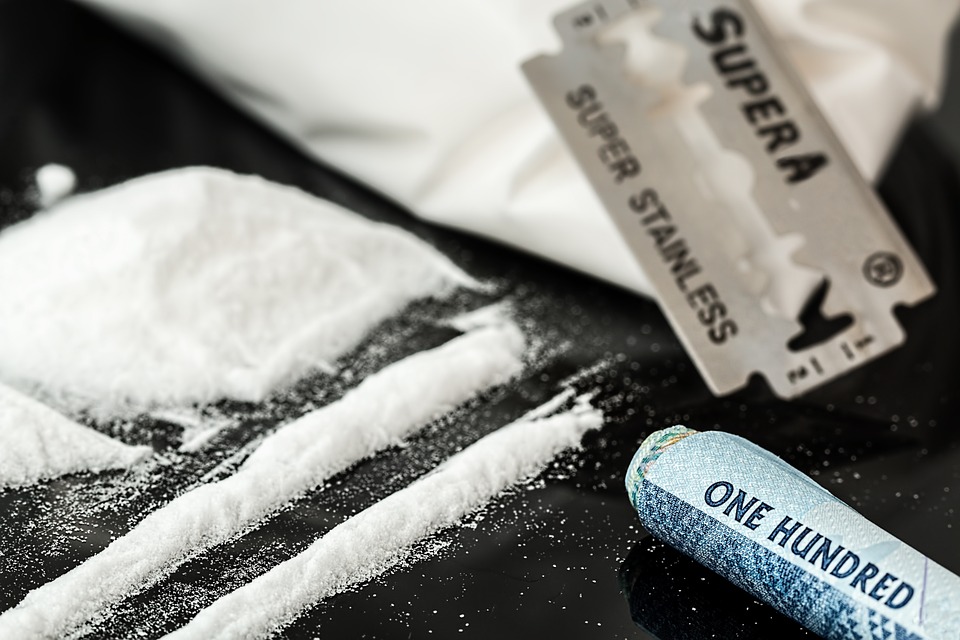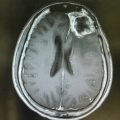Drugs are chemicals that can make biochemical changes in the human body. Legal drugs, also known as prescription drugs, are used to cure diseases, infections, and medical conditions. Illicit drugs, on the other hand, offer no medical benefits. In fact, they lead to acute health problems. However, several prescription drugs can also be abused and are as deadly as illicit drugs.

According to the Substance Abuse and Mental Health Services Administration (SAMHSA), in 2013, nearly 24.6 million Americans aged 12 or older were illicit drug users. Illicit drugs include marijuana/ hashish, cocaine (including crack), heroin, hallucinogens, inhalants, or prescription-type psycho-therapeutics. Substance abuse has ruined careers and destroyed families. In several cases, extreme behavior of a drug abuser has lead to physical harm or even death. This post illustrates six harmful effects of general drug abuse.
1. Addiction
Drug addiction is a chronic disease characterized by the compulsive use of drugs despite suffering the harmful effects. In most cases, the initial decision to take drugs is voluntary. However, repeated substance abuse can interfere with your ability to resist intense urges to take the drugs. The human body becomes tolerant to a particular drug on regular use. Tolerance may force you to take more of the drug to achieve the initial high. Soon, you may wish to remain high continuously. Usually, social and economic constraints can’t stop a drug-addict. In fact, he/ she can go to any length to obtain the drug.
2. Loss of Mental and Physical Coordination
Substance abuse may lead to impairment of overall motor capabilities, including mental and physical coordination. Most drugs affect the pleasure center or the reward circuit located in the human brain. This center controls your ability to feel pleasure and motivation. Essentially, it motivates you to enjoy your food or spend time with your family members. Regular drug use overflows the brain with dopamine, a neurotransmitter involved in controlling emotions.
Chemical messengers known as neurotransmitters carry the information through the brain at high speeds. Hallucinogens are the type of drugs which have the ability to interfere with the function of neurotransmitters. They can also alter the function of nerve cells in the brain affecting sleep patterns and heartbeat of a person. These problems continue to worsen as the individual becomes more addicted to his or her drug of choice.
3. Weakened Immune System
Drug abuse can have a far-reaching impact on your immune system. Nearly all illicit drugs can weaken the immune system, increasing your susceptibility to infections. They are also known to inhibit the immune system, affecting the ability of a drug user to combat diseases and infections. Smoking marijuana can damage sensitive lung cells and increase the risk of contracting infectious diseases such as tuberculosis. A person engaged in drug and alcohol abuse is more likely to contract pneumonia, respiratory infections, blood-borne viruses such as HIV or Hepatitis and sexually transmitted diseases.
4. Antisocial and Violent Behavior
Substance abuse causes a person to withdraw from social life. It can also affect your ability to concentrate on work. Conflict and breakdowns in communication can become more common. You may lose your job due to poor performance and lack of social skills. Usually, drug abusers find it difficult to get a job. In fact, most employers use standard 10-panel or 5-panel urine drug tests to screen the employees before hiring them. Unable to find a job, a drug addict may start stealing money to buy drugs or even resort to violence. A substance abuser also shows increased aggressiveness, irritability, and selfishness.
As most drugs affect the brain, they can change the way you act and react in certain situations. Several drugs can also increase the likelihood of violent behavior. Drug-induced violence can cause serious injury to you or others. It also increases your chance of getting hurt or having an accident.
5. Damage to Internal Organs
Drugs can damage your internal organs, including liver, brain, lungs, throat and stomach. They can cause cardiovascular conditions ranging from abnormal heart rate to heart attacks. Intravenous drugs can also infect veins, blood vessels, and heart valves. The most common side effect of drug abuse is nausea, vomiting, and abdominal pain. It can also cause dramatic fluctuations in appetite leading to undernourishment. Especially, methamphetamine users can lose weight rapidly. The body starts consuming muscle tissue, giving Meth users a gaunt, skeletal appearance.
6. Birth Defects
Drug abuse has been linked to underdeveloped and premature babies. Certain drugs may cause a baby to have withdrawal symptoms, learning disabilities, and other birth defects. Impurities present in street drugs may be harmful to the pregnancy.
People often feel confused about taking drugs. Movies, music and TV shows can make drug use seem cool or even glamorous. However, drug abuse can lead to serious mental and physical health problems. It can cause behavioral changes including impulsiveness, impaired judgment, loss of self-control, and paranoia. Most drugs affect your ability to make healthy choices and decisions. Substance abuse not only puts you at risk, but also endangers the lives of your loved ones. We have listed here, six harmful effects stemming from general drug abuse.































No Comments
Leave a comment Cancel